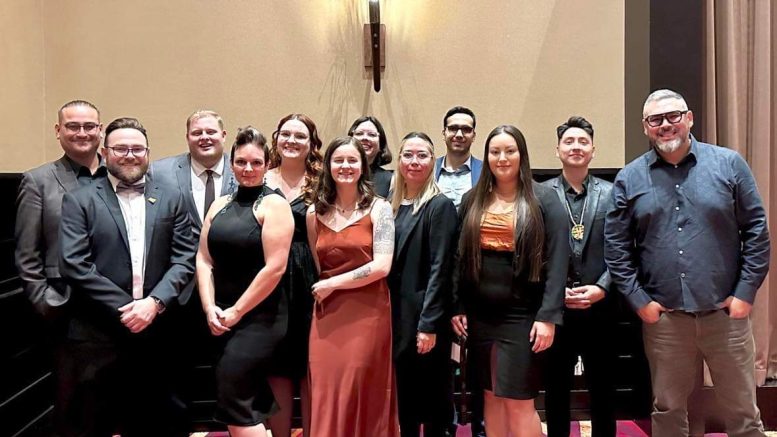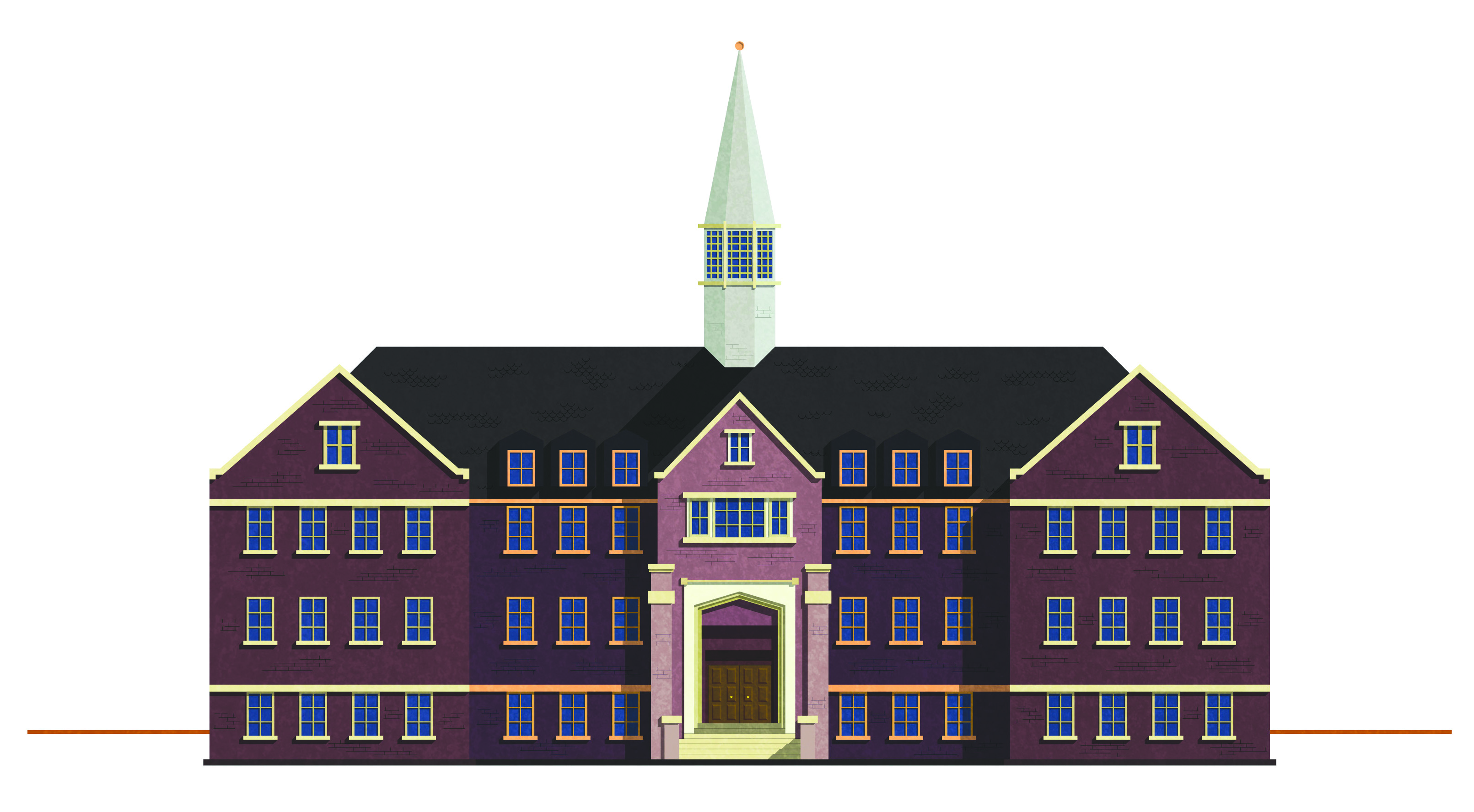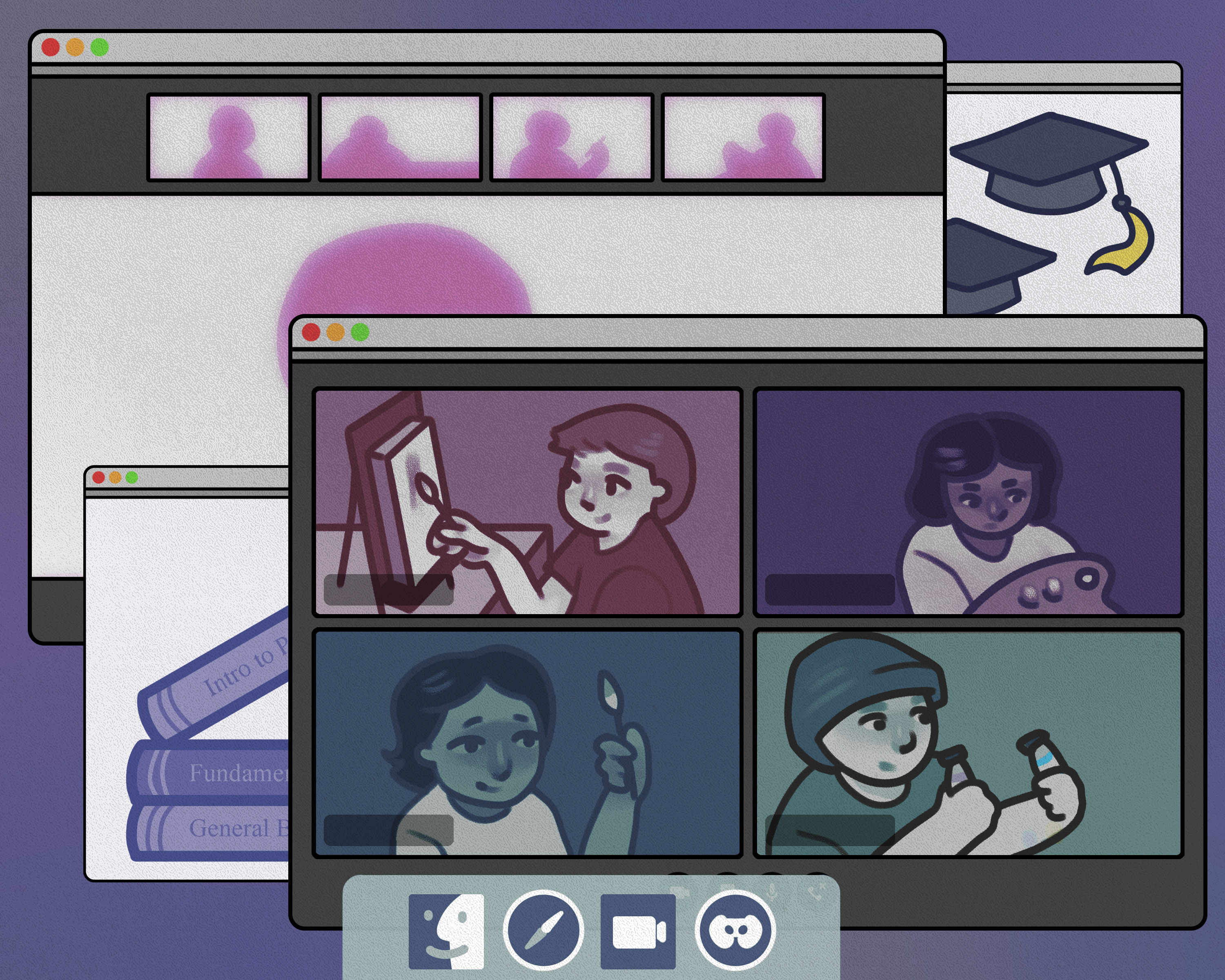Law students from Robson Hall stepped out of the classroom for the 35th annual Indigenous Bar Association (IBA) conference on Rama First Nation last month.
Third-year student Shelby Sinclair, who attended IBA conferences in previous years, noted the focus on land-based learning for this year’s student day, saying that the component was different from years prior.
She said they explored the outdoors looking for plants and learning about their medicinal properties.
Moving student day from meeting rooms in urban centres to the Ontario First Nation allowed students to incorporate field work into their education on Indigenous law.
Only six weeks into her degree, Sarah Shuttleworth was initially hesitant to be the only first-year student from Robson Hall in attendance, but she found the conference gave her a better understanding of what she was learning in her classes.
One example she highlighted was her constitutional law class discussion of the Canadian Charter of Rights and Freedoms and the Constitution Act.
“We were able at the conference to talk about it, but more specifically geared towards Indigenous people,” she said.
Both Sinclair and Shuttleworth said they valued the opportunity to connect with Indigenous students from other universities across the country.
“I was able to share my experiences with others and get some advice from people that had been in my shoes in the past,” said Shuttleworth.
Students were also able to discuss the diversity of Indigenous courses and programs offered in their law schools.
At the conference, Sinclair was re-elected as vice-president First Nations for the National Indigenous Law Students Association (NILSA). In this role, Sinclair supports and advocates for Indigenous law students nationwide, providing resources and meeting with law faculty.
Sinclair encourages Indigenous law students to get involved with NILSA.
“There’s so many opportunities to connect with Indigenous people that are in the legal profession and that can help you in so many ways throughout your career,” she said.
The event also saw U of M professors Leo Baskatawang and Daniel Diamond and U of M director of Indigenous legal learning and services Marc Kruse discuss the Truth and Reconciliation Commission’s Call to Action 28, which calls on all law schools to require students to take a course on Indigenous people and legal traditions.
Some other concepts highlighted at the conference were upcoming legal cases that will affect Indigenous Peoples in Canada. The event also included discussion of people who fraudulently identify as Indigenous.
Sinclair said she worries about people who fraudulently register in the Indigenous category when applying for law school. The University of Manitoba hopes to combat this through the eventual implementation of an Indigenous identity policy.
Sinclair would also like to see the introduction of more Indigenous law courses and more content covering “how Indigenous law can be implemented in the Canadian justice system.”
“Robson Hall is definitely lacking on Indigenous law courses,” she said.




